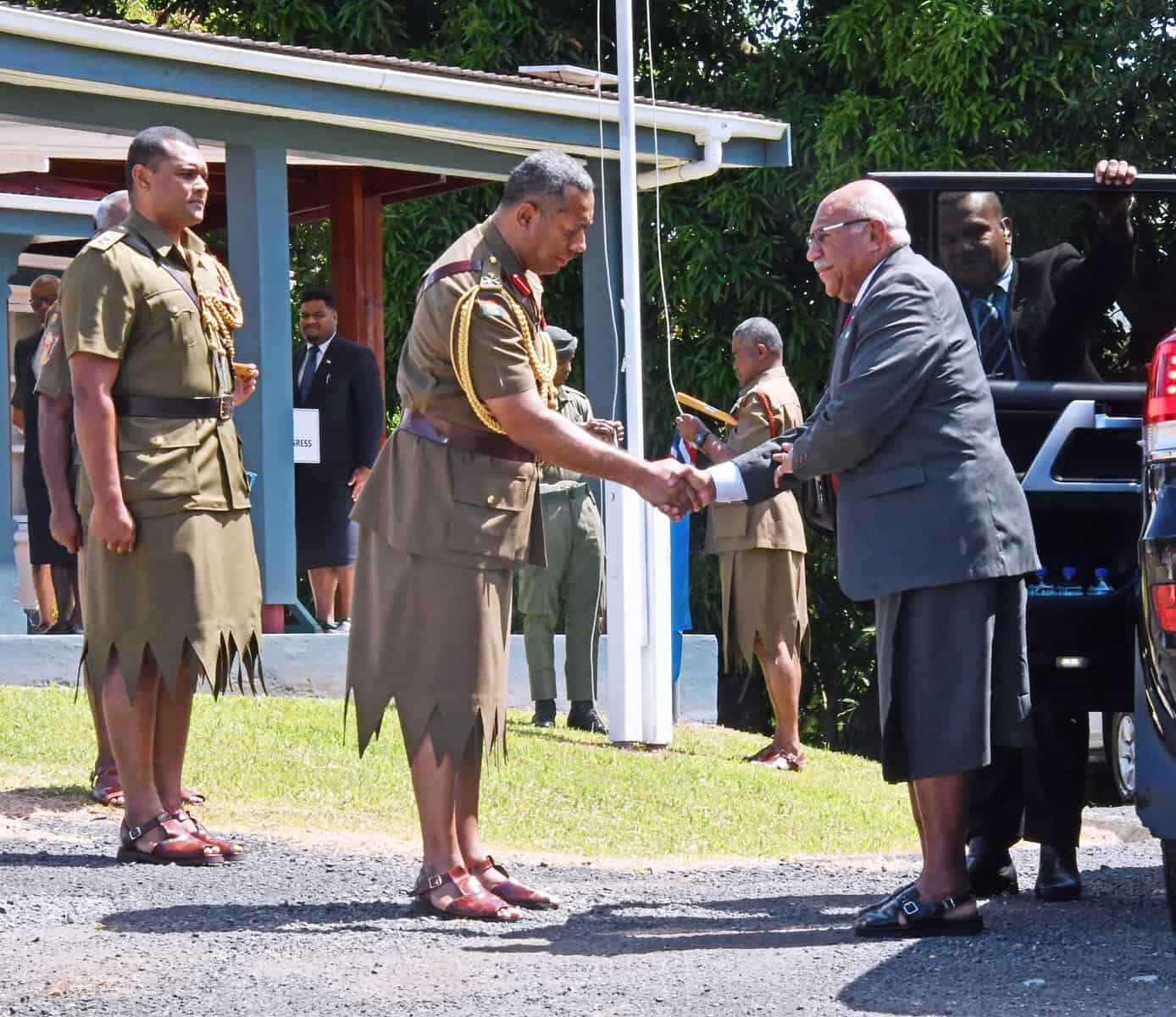When Sitiveni Rabuka narrowly won the parliamentary vote to become Fiji Prime Minister a year ago on Christmas Eve 2022, his position looked extremely precarious. With only a one-seat majority, the new coalition government seemed unlikely to survive a full four-year term. In January 2023, defiant press conferences by outgoing Prime Minister Frank Bainimarama and a public statement by the military commander that was critical of the new government for transgressing the ‘separation of powers’ suggested that the People’s Alliance Party-led government might be nipped in the bud.
One year on, the political . . .
Please Subscribe to view full content...
